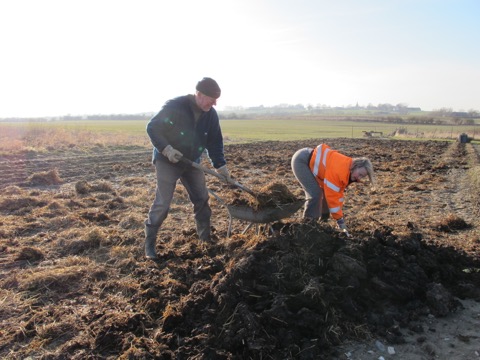
The potatoes’ perspective departs from the exhausted soils of monoculture farm fields in a depopulated rural community of South Sweden, for the reconnection to healing and nurturing practices across species and disciplines.
The potato has become a cheap staple for global fast food chains and the processing industry, at the same time as it safeguards subsistence farmers and underpaid citizens. The plant originates in the Andes, where it has been cultivated for at least 6000 years. As potatoes became a staple on the ships of the triangular slave trade in the late 16th century, it spread to other continents. With the privatisation and enclosure of land in the 17th century Europe, the plant became a lifesaver for those who lost their homestead: for those who were left to grow their food in ditches, on expensive rental plots or in the wasteland margins of the expanding cities.
In the transition from subsistence farming to plantation management, the potato plant embodies the memory of a rupture in nurturing relations. The stories emerging from this plant’s perspective therefore make possible the double act of tracing painful colonial and capitalising memory as well as healing its wounds. At the same time and throughout such a process – potatoes remain a living matter that it is possible to touch and feel, nurture and get nurtured by.
The potatoes’ perspective engages from the soil level into archival memory of abandoned farming techniques, legal documents that criminalise peasant knowledge, and embodied stories of traditional plant varieties. Through redistribution of old cultivars and their stories, by breeding new varieties as well as new knowledge, the enquiry engages small holding farmers, urban gardeners, citizens without land, seed-savers and self-organised plant breeders.
more >>